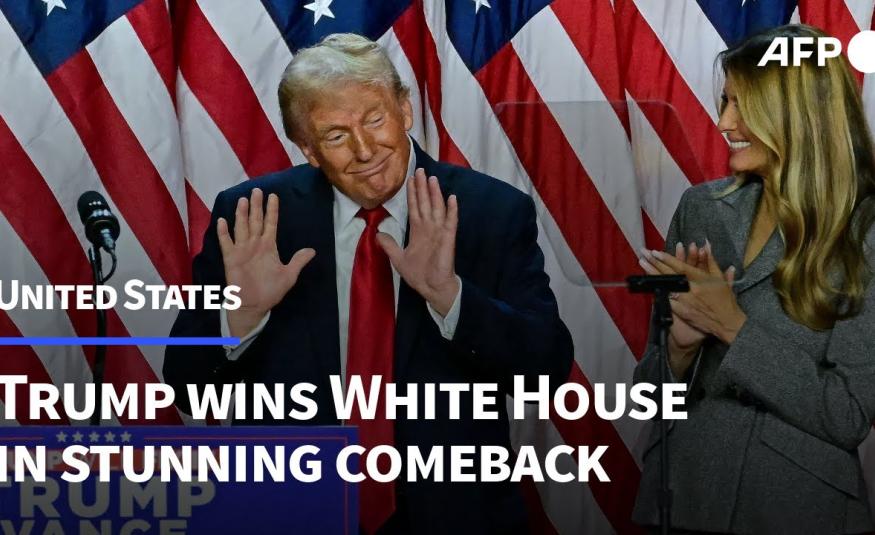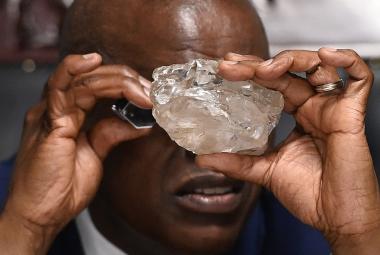KUALA LUMPUR Oct 12 – As Donald J. Trump defied expectations to reclaim the U.S. presidency in the 2024 election, Ambassador Ong Keng Yong — former ASEAN Secretary-General and a distinguished diplomat — offered a revealing analysis of the forces behind his victory.
Currently the Executive Deputy Chairman of the S. Rajaratnam School of International Studies (RSIS) at Nanyang Technological University in Singapore, Ong has observed American politics from both up close and afar, particularly during his time as Deputy Chief of Mission in the Singapore Embassy in Washington.
In the 2024 US presidential election, former President Donald J. Trump faced off against Vice President Kamala Harris. The election was highly contentious, with Trump ultimately securing victory and returning to the White House.
Ong’s insights reveal a set of “four confirmations” about the American electorate that could shape U.S. and global politics for years to come.
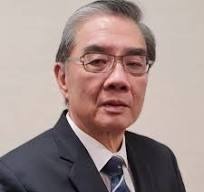
The Power of Persuasion in Trump’s Comeback
Ong’s first observation is simple yet striking: Trump “talked his way back into the White House.” Trump’s oratory style—direct, sometimes bombastic, and heavy on populist appeals—secured his return.
While traditional campaign elements like policies and platforms still matter, Ong argues that Trump’s unique charisma and ability to resonate with voters on an emotional level were instrumental.
In a media-saturated age, Trump’s gift for speaking to the disaffected and frustrated cut through the noise, captivating a sizable slice of the American public.
A Rejection of “Excessive Liberalism”
Ong highlights Trump’s victory as a response to what he calls “the Democrats’ brand of excessive liberalism and woke culture.”
According to Ong, this aspect of Democratic rhetoric alienates certain demographics—non-college-educated men, Hispanic blue-collar workers, and some women who prioritized issues beyond reproductive rights.
In Ong’s view, these voters see an overemphasis on social progressivism as dismissive of their economic concerns and cultural values.
Trump, by contrast, positions himself as a champion of traditional American ideals, appealing to those who feel excluded or unheard.
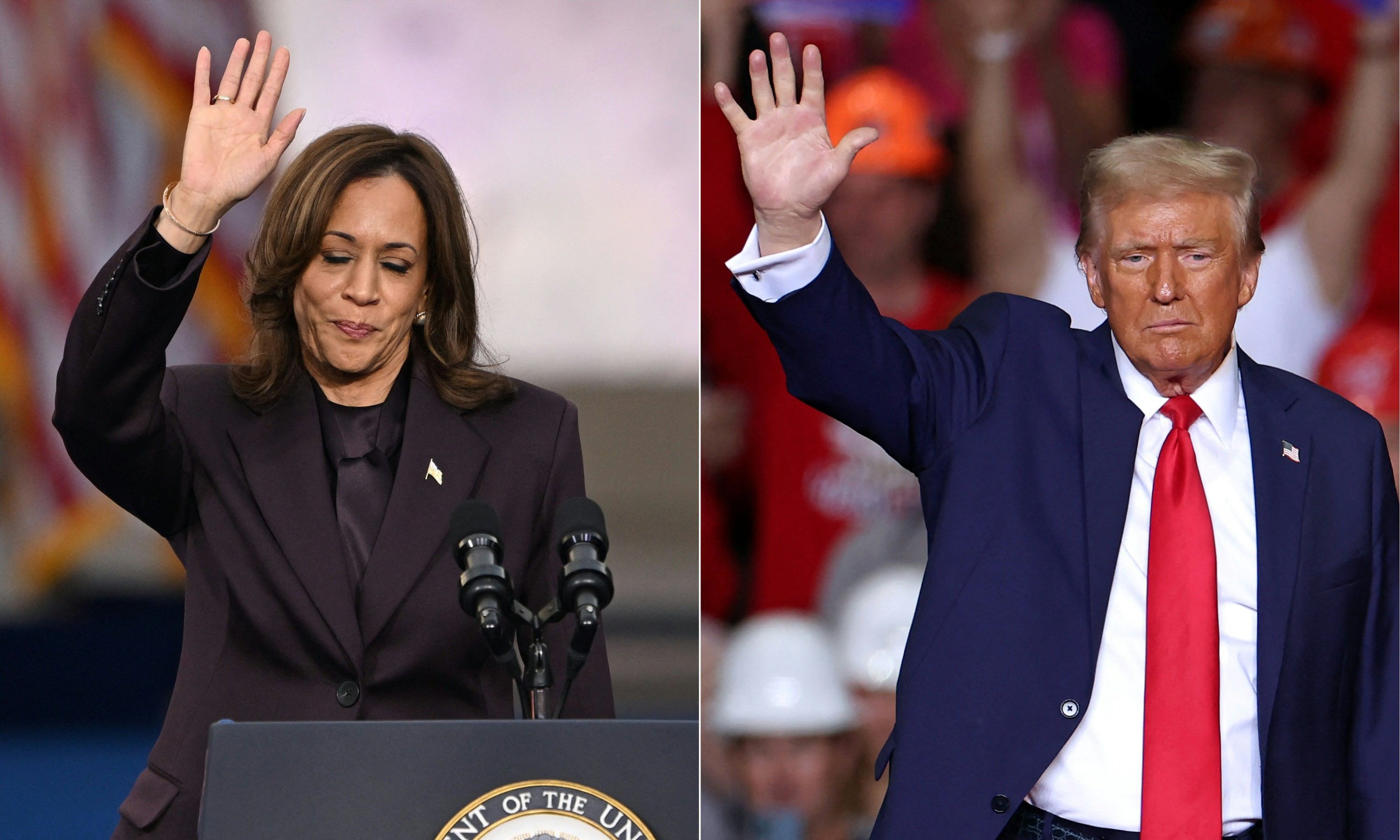
The Dominance of Digital Campaigning and Misinformation
Perhaps one of the most troubling aspects of the election for Ong was the extent of “disinformation and misinformation” in digital campaigning.
While social media has revolutionized political engagement, it has also opened the door to widespread misinformation—a tool Trump’s campaign harnessed effectively.
Ong points to this phenomenon as one of the election’s starkest lessons: the American public’s growing reliance on digital platforms makes them vulnerable to manipulation.
As other countries watch this dynamic unfold, Ong’s warning serves as a reminder of the dangers that misinformation poses to democracy.
America’s Fascination with the “Underdog”
In Ong’s view, Trump embodies the “underdog” archetype that Americans find deeply compelling. He describes Trump as the “known unknown,” a familiar yet unpredictable figure who captivates with his defiant persona.
This appeal, Ong notes, is reminiscent of classic Hollywood anti-heroes—outsiders who reject convention to “sock it to the establishment.”
Trump, in a sense, becomes a character in America’s ongoing drama of rebellion against the status quo, striking a chord with voters who long for a strong figure to “take on the system.”
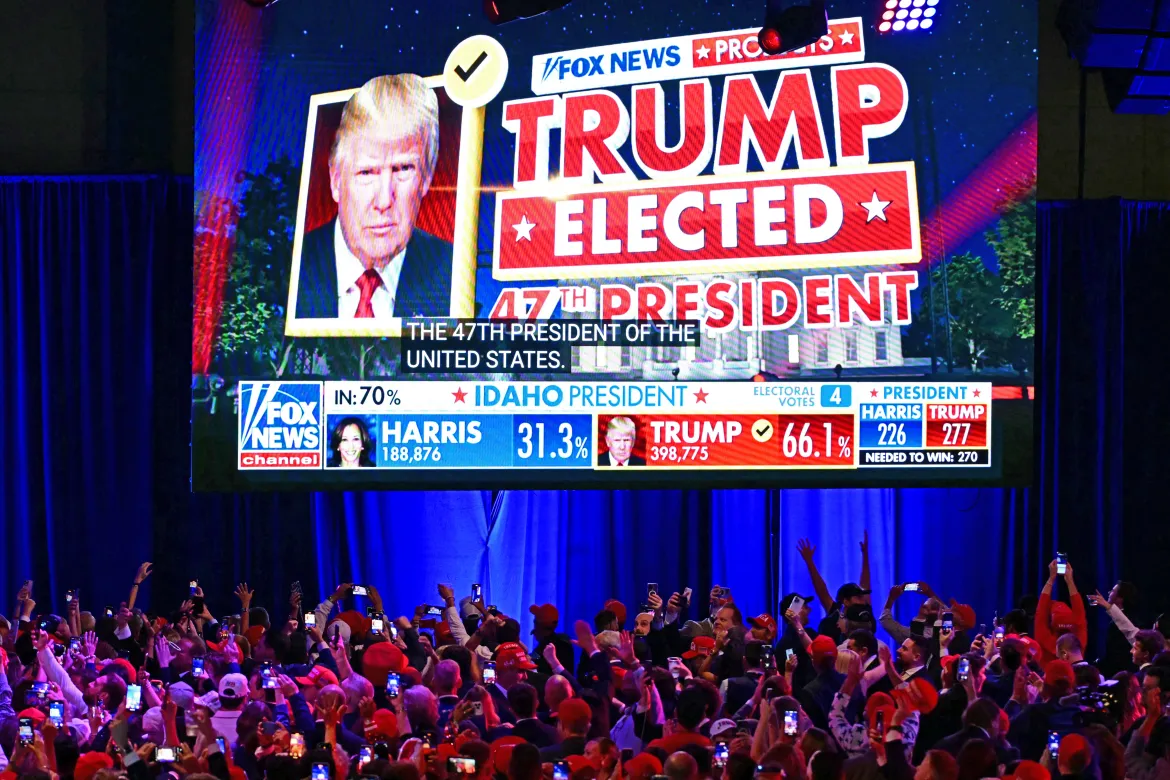
A Caution to International Observers
Reflecting on these insights, Ong admits that even educated observers, himself included, sometimes overlook these cultural dynamics, focusing too heavily on policy instead of the emotional pull of candidates like Trump.
He draws a comparison between Kamala Harris’s defeat and Trump’s portrayal as the “heroic underdog”—a role that remains deeply embedded in American political culture.
For global leaders and analysts, Ong’s analysis serves as a timely reminder: never underestimate the American affinity for the maverick who breaks the rules.
As Trump prepares to return to the White House, Ong’s analysis highlights a truth that resonates beyond U.S. borders: American politics is as much about myth as it is about policy, and the allure of the “known unknown” is unlikely to fade anytime soon. - DagangNews.com


